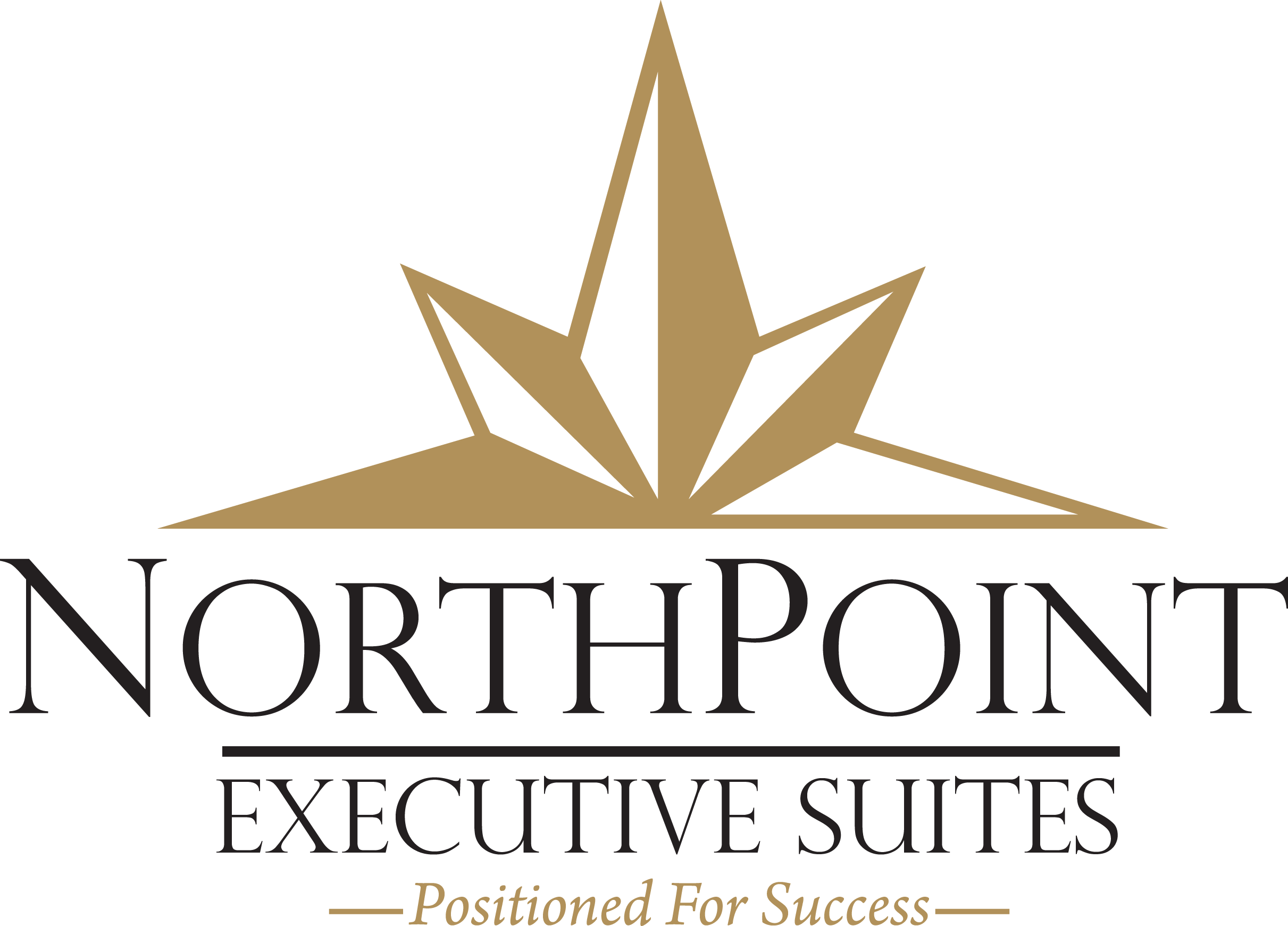Talent marketing should be a top priority for any business that wants to be known for quality, efficiency and rapid growth. Whether the talent is involved in the crafting or marketing of the product, a company’s output is only as great as the knowledge and skills of its workforce. Here’s how careful talent marketing can equate to workplace improvement.
How to Properly Pursue Talent Marketing
Modern companies can accelerate the recruitment process using a Customer Relationship Management (CRM) platform. This sophisticated software makes it easy to organize lists of candidates with contact and scoring information. AI tools can further speed up the hiring process. By keeping records of applicants on file digitally, it will be easier to fill vacancies faster compared with employers lacking a CRM system.
You can maximize the recruiting process by developing attractive plans for compensation and advancement. Emphasizing your brand as a ramp for career development is advantageous for workplace improvement. Allowing current employees to help in the recruiting process helps build a consistent workforce.
Why Strong Company Culture is Essential
Talent marketing is important to business for numerous reasons. Ultimately, strategic recruitment can lead to a more cohesive and productive team with shared visions. The better your team works together, the clearer your path will be to business growth.
Workplace culture should be viewed as a significant key to business success. Strong team morale facilitates a more dedicated commitment to maintaining an organization’s image with its community. A winning team spirit helps reduce costly turnover and improves the odds of smooth response to change.
Recruiting to Retain Employees
Employers must view the job market as competitive. In order to retain ideal employees, it’s essential to regularly examine changing workplace trends and employee benefits. Many talented college graduates have plenty of options to consider beyond pay, such as work-life balance.
It’s helpful for recruiters to develop personas of ideal candidates as part of the matching process. Use of data analytics from online surveys helps an organization narrow down its lists of top applicant matches.
Conclusion
Personalization is one of the most important concepts to remember in the recruiting process. AI tools are useful for finding applicants that match company vision, but it’s still important to get to know candidates as people before making hiring decisions. Aiming for workplace improvement through proper recruiting leads to greater business efficiency and profitability.


